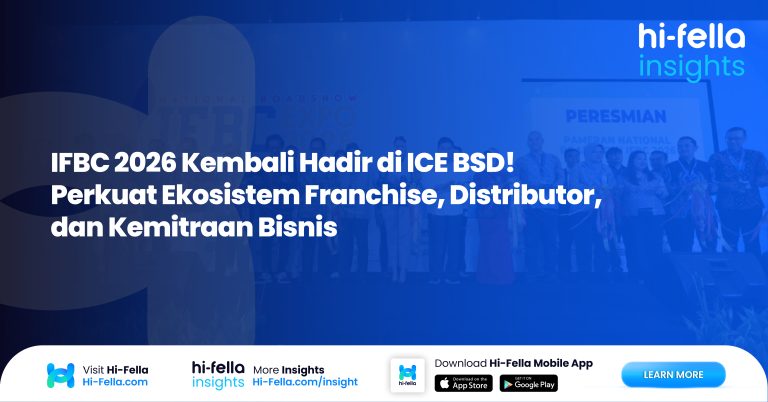Table of Contents
In finance, understanding the concept of creditors is crucial for small business owners, entrepreneurs, accounting professionals, and individuals managing their finances.
So, in this article, we will provide you new insights and information about creditors, including the definition, role, differentiating between individual or business creditors, and the impact of creditor relationships on credit score.
Understanding of A Person or Business to Whom a Liability is Owed
Creditors are a person or business to whom a liability is owed. This liability could stem from a variety of financial transactions, ranging from loans and credit extensions to services rendered or goods supplied without immediate payment.
Types of Creditors

Source: Pexels
Creditors can generally be categorized into two main types:
1. Secured Creditors
These creditors have a security interest in the debtor’s asset (collateral). If the debtor fails to pay the debt, secured creditors have the right to take possession of the collateral. Examples include mortgage lenders and auto loan lenders.
2. Unsecured Creditors
These creditors do not have collateral backing their loan. They may extend credit based on creditworthiness or past financial dealings. Examples include credit card companies and utility providers.
How Creditors Arise
The role of a creditor can arise from various situations, including but not limited to:
1. Loans and Mortgages
When a bank or financial institution lends money to an individual or business.
2. Credit Extensions
Through credit cards or lines of credit, where immediate payment is not required at the point of sale.
3. Goods and Services
When a supplier provides goods or services to a company without receiving immediate payment, aiming for payment within an agreed period.
4. Bonds and Debentures
When investors lend money to an entity (could be a corporation or government) through the purchase of bonds or debentures.
The Role and Importance of Creditors in Financial Transactions

Source: Pexels
According to Indeed, creditors play a pivotal role in the economic ecosystem, providing the necessary capital and resources that fuel both personal and business growth.
Their trust and investment in your financial stability enable the acquisition of assets, expansion of operations, and, sometimes, the very foundation of businesses.
The connection between someone who lends money (creditor) and someone who borrows money (debtor) is based on their agreement.
This agreement includes how much money needs to be paid back when it should be paid, the extra cost of borrowing the money (interest rates), and anything valuable promised in case the money isn’t paid back (collateral).
Handling this relationship honestly and with smart planning is very important to keep your finances in good shape and build strong, lasting connections.
Differentiating Creditors: Individuals vs. Businesses
People or companies who lend money can be split into two main types based on what the borrower owes them. This difference changes how borrowers and lenders work together.
Individual Creditors: Handling Personal Loans
These are people who lend their own money to others. Since these loans are more casual, being honest and talking clearly is very important to make sure everyone agrees and avoid arguments.
Business Creditors: Dealing with Official Loans
Business creditors are organizations like banks or companies that lend money as part of their job. These loans are more official and come with written agreements that spell out all the loan details.
Read more: Tips on How to Get a Business Loan
Impact of Creditor Relationships on Credit Scores

Source: Pexels
According to the IMF, the management of creditor relationships directly influences credit scores, which are crucial indicators of financial health and creditworthiness.
Strategic Management of Creditor Relationships
Effective management involves timely repayments, maintaining open lines of communication, and understanding the impact of financial decisions on credit scores.
These practices not only prevent negative results but also build trust and reliability with creditors.
Improving Financial Health Through Responsible Borrowing
Responsible borrowing and repayment practices can significantly enhance credit scores, making it easier to secure favorable terms in future financial endeavors.
This underscores the importance of viewing creditor relationships as partnerships rather than mere financial transactions.
Fostering Positive Relationships with Creditors
In summary, creditors or “a person or business to whom a liability is owed” are fundamental to the financial sector, affecting everything from business operations to personal financial stability.
By understanding the types of creditors and the implications of these relationships on credit scores, entities and individuals can adopt strategies that foster positive interactions with creditors, ensuring long-term financial success and stability.








